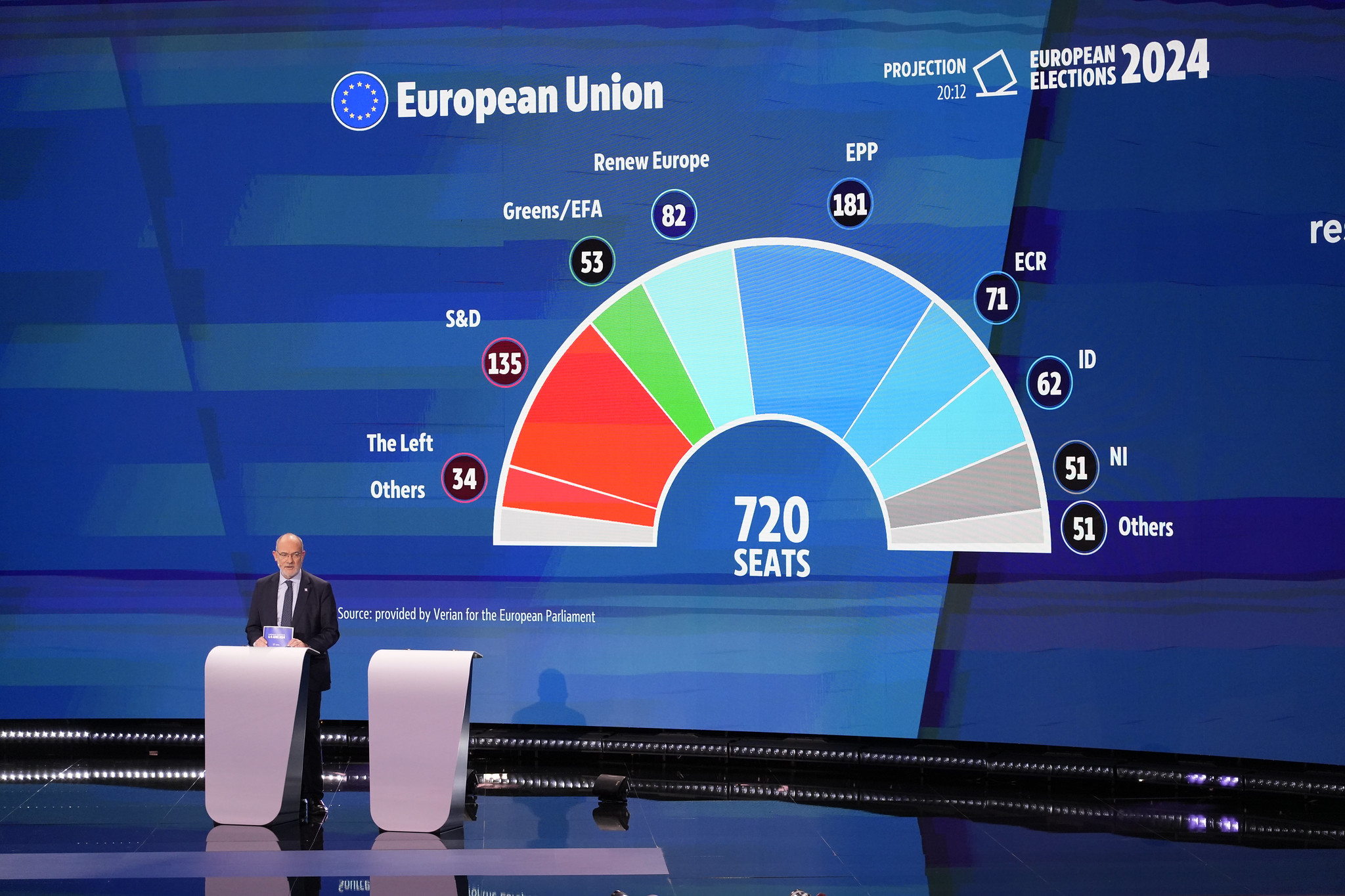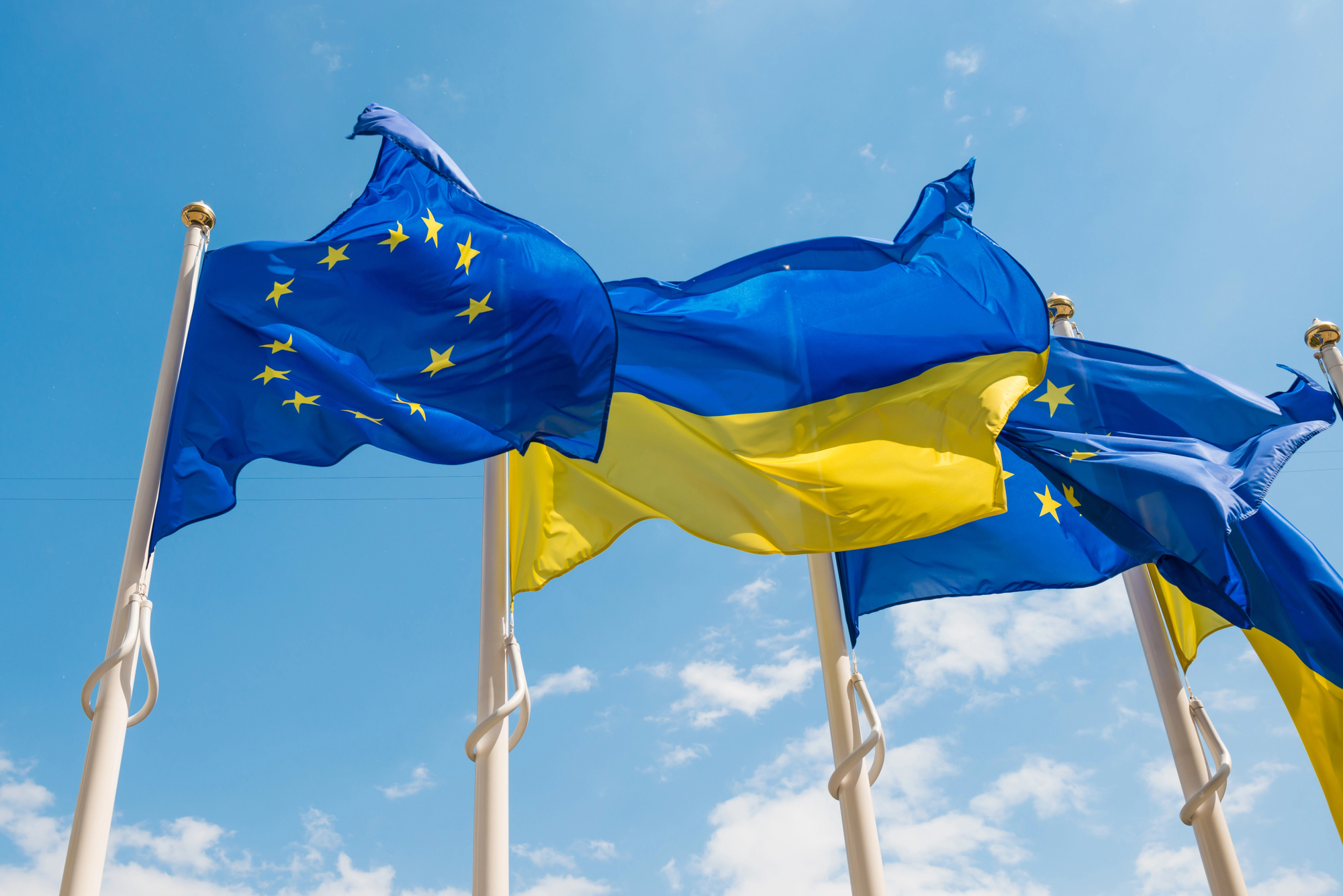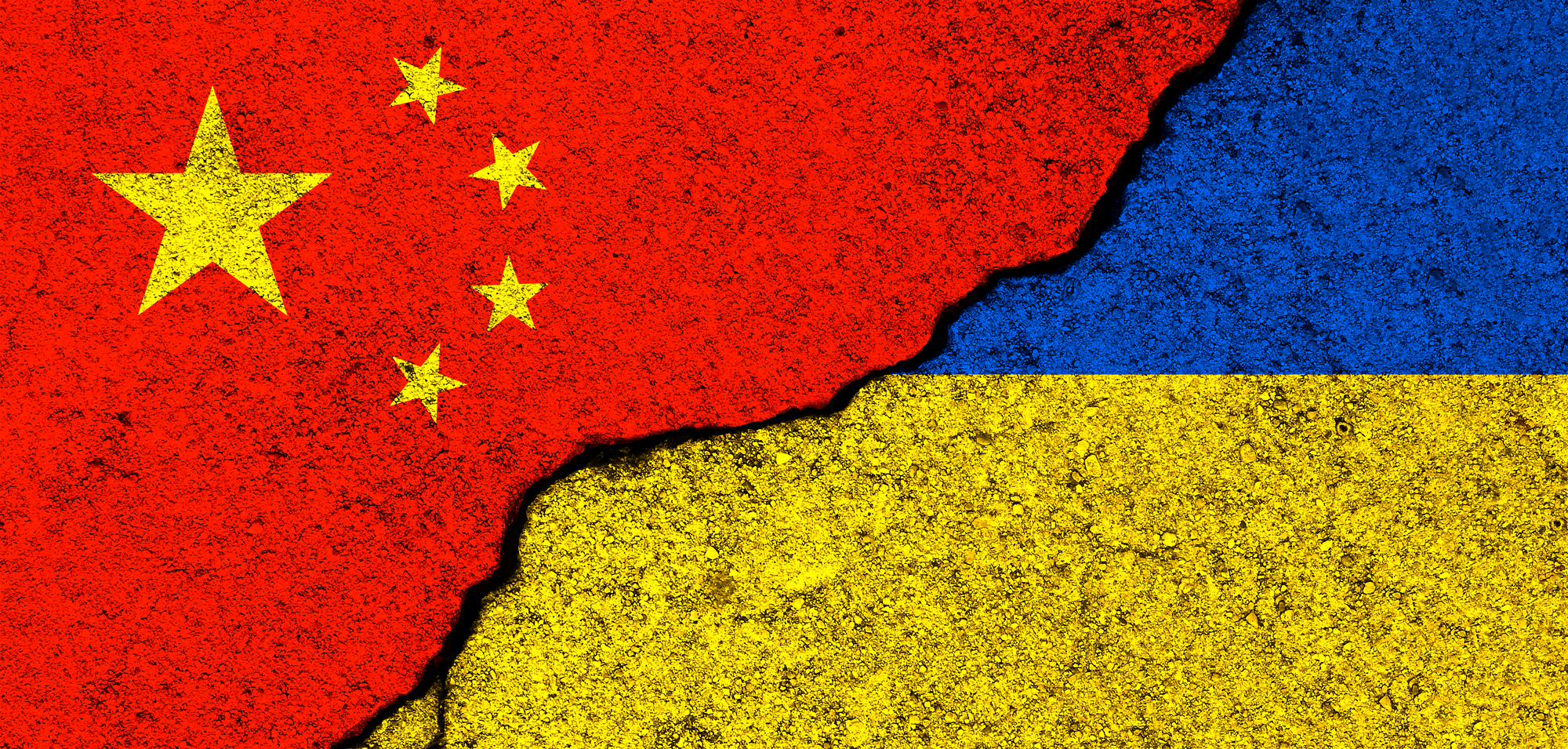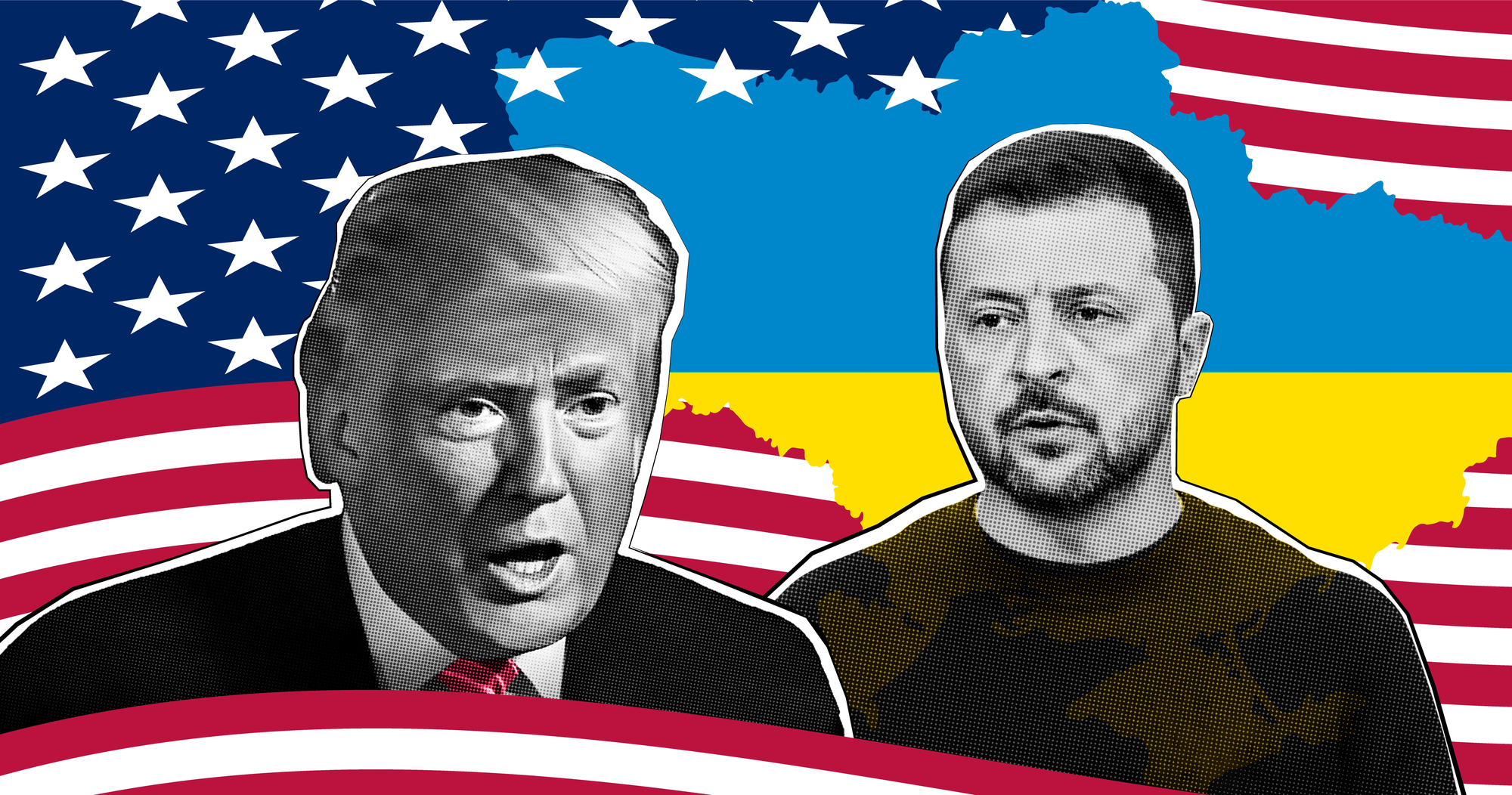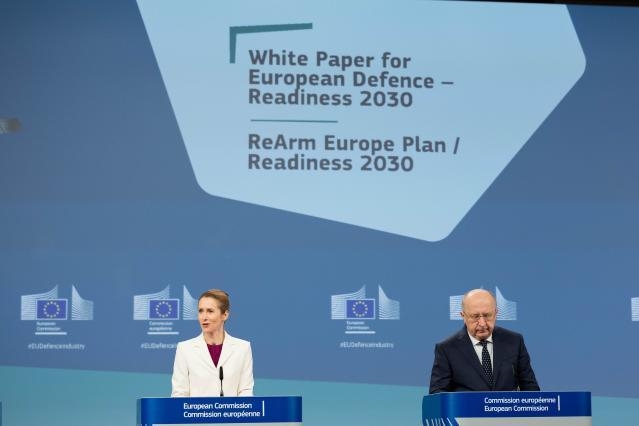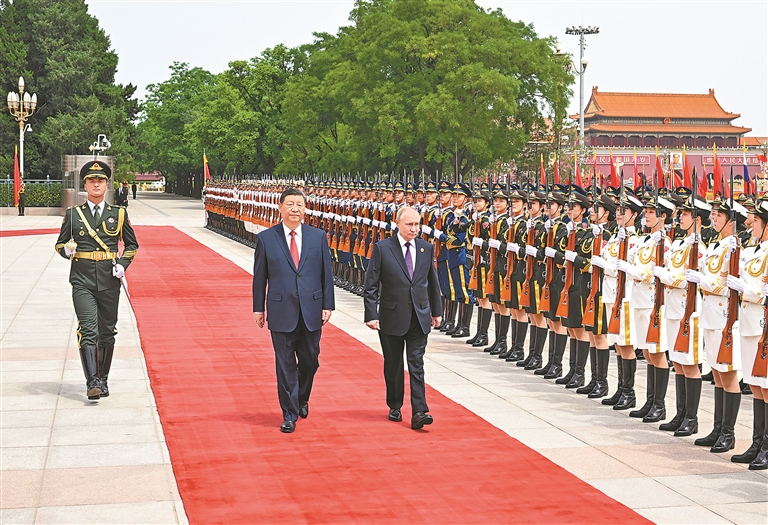The victory for the right-wing parties in the European Parliament elections was not as big as expected. However, the center of gravity in the EU Parliament is shifting rightwards. At the same time, many far-right parties have succeeded in national elections and participate in government coalitions. These developments will have consequences for the EU’s foreign policy. Picture source: EU Parliament, June 9, 2024, Flickr, https://www.flickr.com/photos/european_parliament/53779425747/.
Prospects & Perspectives No. 33
The EU Parliament Elections: What Kind of EU Will Emerge?
By Hanna Tuominen
The victory for the right-wing parties in the European Parliament elections was not as big as expected. However, the center of gravity in the EU Parliament is shifting rightwards and to the detriment of the Greens and the Left. At the same time, many far-right parties have succeeded in national elections and participate in government coalitions. These developments will have consequences for the EU’s foreign policy.
According to the political guidelines (2019) of the Ursula von der Leyen Commission, one of her main aims for the EU was to adopt a more active global role and strengthen its unique brand of responsible global leadership. She also declared that her Commission will be “geopolitical,” with concrete implications for the EU’s priorities and working methods. During the term, the idea of strategic autonomy, the capacity of the EU to act autonomously, make its own choices and be less dependent on other countries, was strengthened and widened to all EU policy areas.
However, the term turned out harder than imagined, as several crises shaped the global and European realities. The Covid-19 pandemic and vulnerabilities in supply chains as well as war in Ukraine and cutting energy dependencies from Russia have dominated the scene. Hence, it is no surprise that security, rising costs of living and the EU’s competitiveness dominated the 2024 European Parliament election campaigns.
Security concerns and support for Ukraine
Russia’s invasion of Ukraine put security concerns at the center of EU politics. The key priority has been to bolster European security and maintain strong support for Ukraine. The war activated the EU bloc and reactions were united. EU member states have developed intensive cooperation and coordination in defense spending, research and development and procurement. In 2021, the EU established the European Peace Facility (EPF) to enhance abilities to prevent conflicts, build peace and strengthen international security and stability. Under this instrument the EU has financed weapons to Ukraine. Overall, the EU has moved from softer peace-building policies towards the construction of hard military capabilities.
Many parties in the far-right Identity and Democracy (ID) group are against the EU’s economic and military support for Ukraine. However, they do not have decisive power to change the direction of pro-Ukraine policy because of the norm of cordon sanitaire in the Parliament. Instead, increasing support for national leaders, such as Marine Le Pen in France, could cause serious challenges for EU decision making on Ukraine support. Another difficult government leader besides Viktor Orbán in the European Council is not a preferred option for maintaining unity.
European security concerns are also related to China and its aggressive foreign policy and unfair trade policy. Von der Leyen’s de-risking strategy, namely reducing dependence on China, remains strong on the Parliament’s agenda. The main political groups interpret China as a “systemic rival” and underline the relevance of focusing on human rights-based policy. Hence, it is essential to improve EU competitiveness, protect internal markets, strategic industries and companies. As co-legislator, the Parliament can remarkably limit Chinese influence on the EU.
However, Chinese efforts to work bilaterally and undermine the unity of the EU may be more successful with nationally fragmented EU. Chinese investments attract national leaders despite the acknowledged risks.
Transatlantic and global relations
Due to Russia’s invasion to Ukraine, transatlantic ties have been strengthened. Overall, the administration of Joe Biden has revived U.S. support for multilateralism, a key value cherished by the EU. Biden has also cooperated more bilaterally and with the EU, as well as declared his commitment to NATO. However, the future of transatlantic relations depends on the outcome of the U.S. presidential election in November.
The war in Gaza was discussed in the elections, but it was not a critical topic even if some EU states recognized Palestine as a state just before the elections in May. Especially younger voters and university students around Europe have in their demonstrations demanded more forceful EU action against Israel.
The increasing far-right in the Parliament remains divided on many foreign policy issues and solving the disagreements will be challenging. However, one theme has succeeded in uniting these parties — a harder line on immigration. In April 2024, the Parliament accepted the new Pact on Migration and Asylum, which embraced an inward-looking “Fortress Europe.” To decrease the success of the far-right, many centrist parties have mainstreamed their anti-migration attitudes and promoted various forms of “third state cooperation” in migration management. This will mean more migration control agreements and cooperation deals with states in North Africa and Middle East.
Defending EU values
The European Parliament can act as “the conscience of the EU” by defending its key values and pressing other EU institutions to take urgent actions. Defending the key values of human dignity, freedom, democracy, rule of law, human rights and equality could become a less prominent feature in the internal and external policies of the EU due to the influence of the right-wing parties on policymaking. The credibility of the EU’s value-based external image can diminish because of increasing incoherences in its action.
The Parliament has taken a more robust stand in the defense of the rule of law and democratic backsliding, for example against the authoritarian agenda of the governments in Poland and Hungary. As the liberals (especially the Greens and the Renew Europe Group) lost seats to the far right, the defense of the rule of law and democracy agenda has become weaker despite the new instruments adopted for their defense. Even if the election winner, the European People’s Party (EPP), has declared its strong pro-rule-of-law attitudes, the defense of democracy, including media freedoms, is expected to be less prominent.
Gender equality and minority rights are other potential losers with the more conservative Parliament. Many of the successful right-wing politicians and parties oppose gender equality measures, including reproductive rights and sex education in schools. Important progress of Parliament in addressing issues such as gender-based violence are under threat due to increased influence of the far-right parties. Furthermore, these movements are openly hostile towards the LGBTQ+ rights.
Finally, sustainability will potentially be less on the agenda. The future of the Green Deal and broader environmental policies may be at risk as the Greens came out as the major losers in the elections. However, green initiatives are closely related to ensuring Europe’s competitiveness in the future, and therefore cannot simply be rolled back.
Conclusions
With many political and geographical interests at play, a breakthrough in the allocation of EU top jobs has yet to be seen. Von der Leyen has a good chance of securing a second mandate as the pro-European parties still command the majority in Parliament. She has promised to cooperate only with political groups that are pro-EU and pro-Ukraine.
However, von der Leyen needs the approval of Parliament and heads of governments for her nomination. Also, the composition of the college of Commissioners needs the blessing of Parliament. The balance of power in the Parliament is in the making, and political groups are seeking new members to increase their weight in the decision making.
Overall, there will be more surprises concerning the majorities built on dossiers in the Parliament because of the changing political balance. Together with the changes in the national parliaments and leadership, the rise of the right will shake the foundations of collective EU foreign policy and make it less predictable.
(Hanna Tuominen is University Lecturer in European Studies; Director of MA programme in European and Nordic studies, University of Helsinki.)


